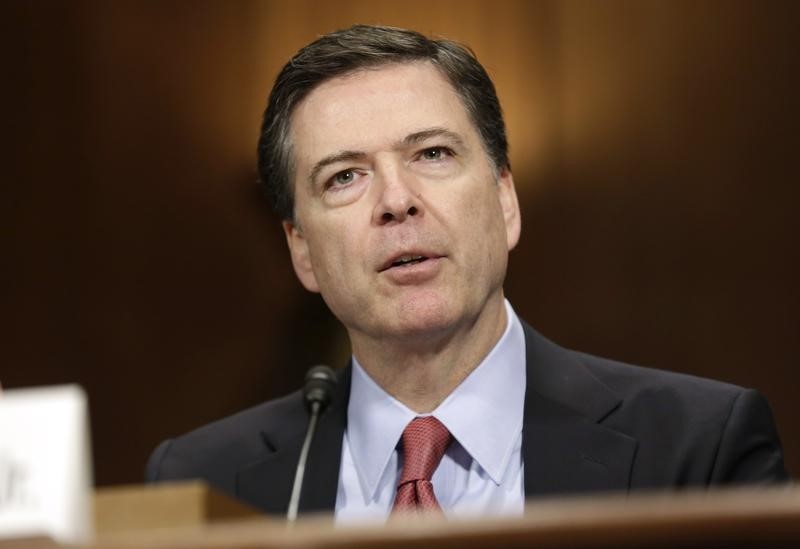FBI director: iPhone unlock case may be 'instructive' for other courts

FBI director James Comey has conceded that its legal case compelling Apple to help federal agents unlock one of the San Bernardino shooters may help other courts come to similar decisions.

Comey said during his testimony to members of the House Intelligence Committee on Thursday that the legal precedent set by the court's decision last week is "unlikely to be a trailblazer," but said it could be instructive to other courts.
He said that the case will undoubtedly "guide how other courts handle these requests," said Comey.
The FBI director's comments come a week after a California judge ordered the iPhone maker to write software that would allow federal agents to beat a security feature preventing the phone from erasing after a number of failed unlocking attempts.
The phone was used by Syed Farook, who -- along with his wife, Tashfeen Malik -- murdered 14 people in San Bernardino, California in December 2015.
Apple chief executive Tim Cook said hours after the order was issued that the judge's ruling was "unprecedented" and would "undeniably create a backdoor" to its products, which would have "implications far beyond the legal case at hand."
Comey said at the hearing that the legal case was "not about sending a message or establishing some precedent."
One committee lawmaker questioned Comey on where its legal authority ends.
"There's a legitimate worry though that a decision in favor of the FBI could be the narrow end of a very wide wedge, said Rep. Jim Himes (D-CT, 4th). "If the FBI prevails, Apple will be required to write some code at the behest of the government."
more coverage
Himes asked Comey if the FBI could compel Apple to include code, such as malware.
"I actually have not thought of it," said Comey.
Himes warned that Apple faces a "very substantial threat" if it is forced to comply with the court order of becoming a target of domestic and foreign intelligence agencies and criminals.
"If this code is written, it could be subject to other requests by law enforcement, and this code will exist, presumably on a server at Apple. You don't need to think too hard to spin some pretty ugly scenarios if that code gets out into the wild," said Himes.
Comey stressed that some of the issues in this case "shouldn't be answered in the courts," instead calling on lawmakers to carve out legislation on the matter.
His comments echoed a similar sentiment by one junior lawmaker earlier this week, who called for the FBI to drop its case against Apple to make way for lawmakers to legislate.
Rep. Ted Lieu (D-CA, 33rd), one of just four computer science majors in Congress, urged Comey in a letter on Wednesday to drop the case against Apple, which he described as having "far-reaching unintended consequences" when applying outmoded concepts to modern technology.
Apple is expected to file its response to the February 17 motion on Friday. The next hearing in the case is expected on March 22.